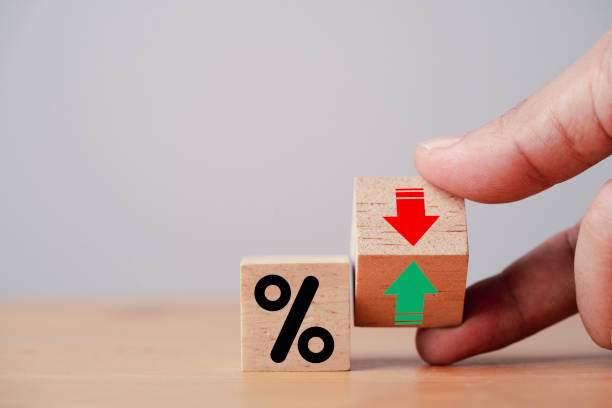
With current interest rates hovering around 7.5% for a 30-year conventional fixed mortgage, prospective buyers are rigorously searching for strategies to make their home loans more affordable. One option that sparks interest is the possibility of buying down the mortgage rate.
This tactic doesn’t get much attention when rates are low, but it has now come under the spotlight as a potential tool for managing long-term mortgage costs.
It basically depends on how long you plan on staying in the home and keeping your current mortgage.
Let’s look at the pros and cons in the context of today’s economic landscape, and provide insight into whether it’s a smart move for your housing finance strategy.
Understanding Interest Rate Buydowns
Simply put, an interest rate buydown is when you pay an upfront fee in exchange for a lower interest rate on your mortgage. This fee is typically one percent of the loan amount and is paid at closing.
In exchange, depending on the lender or mortgage broker, your interest rate will be reduced by 0.125% – 0.25 %of a point e.g. 6.5% to 6.25%. The immediate effect is obviously a reduced monthly payment, which can be particularly appealing when rates are as significant as they are currently.
Analyzing the Current Market:
With the 7.5% rate benchmark, a buyer must consider the long-term implications of such a rate on their finances. Given that a mere 1% reduction in interest rate can save hundreds of dollars in monthly payments and tens of thousands over the life of the loan, the concept of buying down isn’t one to dismiss without consideration.
Pros of Buying Down Your Interest Rate:
- Lower Monthly Payments: This is the most immediate benefit, providing more breathing room in your monthly budget.
- Long-Term Savings: Over the course of a 30-year mortgage, a lower interest rate can translate into significant savings, often outweighing the initial cost of the buydown.
- Stability: With a fixed-rate mortgage, buying down the rate can provide financial stability, knowing your payments will not increase over time.
Cons of Buying Down Your Interest Rate:
- Upfront Costs: The initial fee can be substantial and may not be feasible for all buyers, especially those with limited cash reserves.
- Break-Even Point: There’s a period where the upfront costs balance out with the savings from lower payments. If you sell or refinance before this point, you may not recoup your initial investment.
- Opportunity Cost: The money used for the buydown could potentially be invested elsewhere with a higher return, depending on market conditions and personal financial strategy.
Is It Smart to Buy Down Your Interest Rate Now?
Determining if it’s wise to buy down your interest rate in today’s market hinges on several personal factors:
- Financial Longevity: If you plan to stay in your home for a long period, the chances of benefiting from a buydown increase. Break-Even Analysis: Calculate the point at which the monthly savings offset the initial cost. For example, how long will it take to recoup the 5K it cost to buy down the interest rate. Financial advisors often have tools and expertise to help with this assessment.
- Cash Availability: You need to assess whether you have the cash for an upfront fee without compromising other financial goals or emergency funds. You may sleep better knowing you have extra cash in the bank.
- Market Projections: If interest rates are expected to stabilize or decrease, the benefits of buying down could be mitigated if refinancing becomes a viable option later on. It would suck to spend money buying down your interest rate, only to see rates drop the next week.
In an environment where 7.5% interest rates on a 30-year mortgage are the norm, buying down your rate can potentially be a savvy financial move, but it’s not without its caveats. Homebuyers and homeowners must weigh the upfront costs against long-term savings, consider their personal financial stability, and predict their tenure in the property to make an informed decision.
There’s rarely a one-size-fits-all answer, but with careful consideration and planning, buying down your interest rate could be a smart investment in your financial future.


































